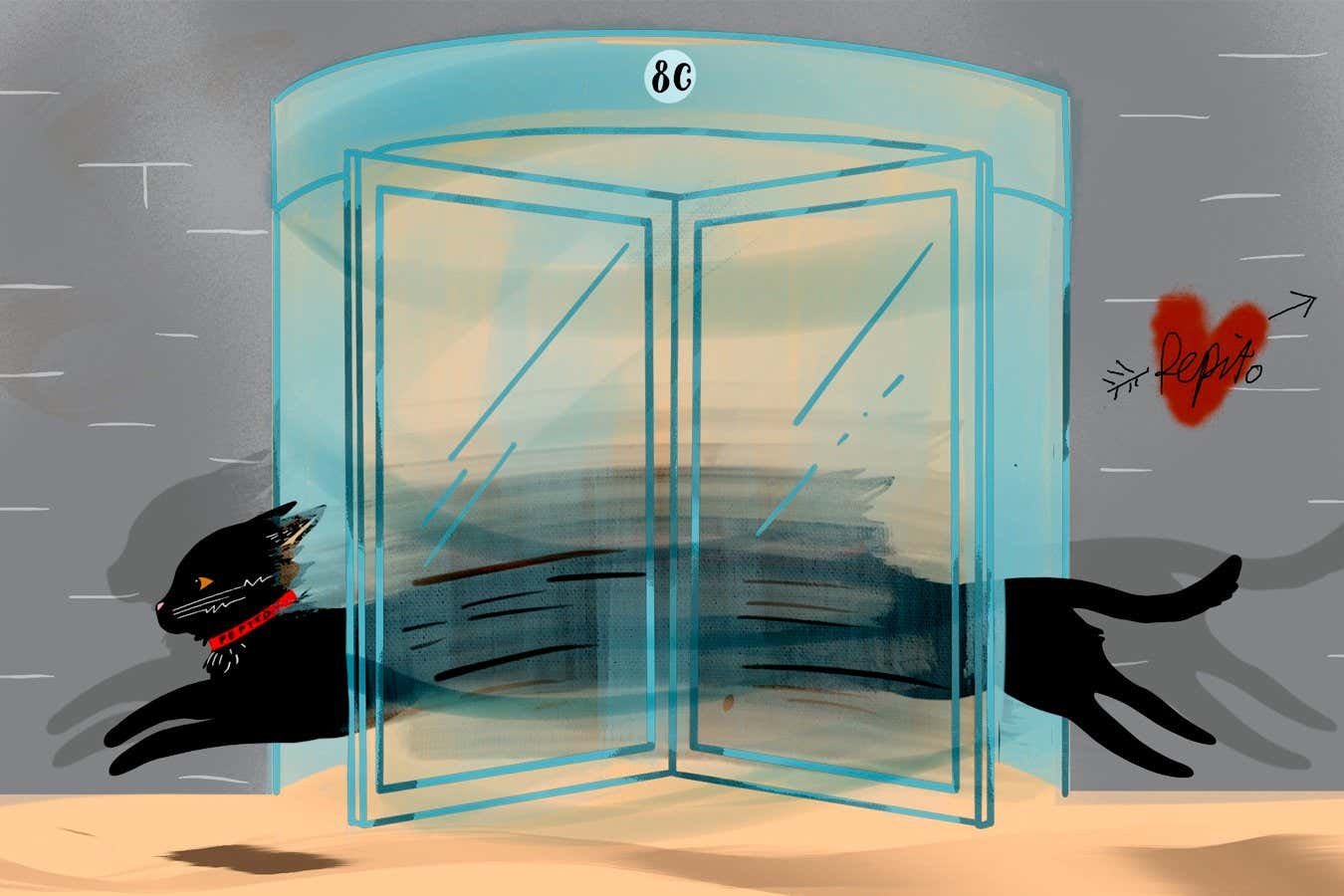
Noise-cancelling headphones have become a popular way to shut out intrusive sounds
PjrTransport/Alamy
Clamor
Chris Berdik (W. W. Norton)
Noise is all around us, and it is often imperceptible – until the volume knob is turned way up, or way down. We are used to the thrums, trills and brrs of day-to-day life, with soundscapes becoming as familiar as the sights we see on our walks, drives and other travels.
But when those noises change, we notice. While many of us say we want quiet, science journalist Chris Berdik argues that we don’t necessarily mean it; rather, we want less of the noise we don’t like. And as he persuasively argues in Clamor: How noise took over the world – and how we can take it back, sometimes we need to add extra noise we do want to drown out the noise we don’t.
Berdik points out that while noise-cancelling headphones have become bestsellers, they aren’t always the answer. Adding white or grey noise can help balance the harmful incursions on our ears, while wiping it out entirely can cause more harm than good.
Getting noise right is important, because it has an impact on our health. The piano plinking of a neighbour as I read Berdik’s book doesn’t raise my blood pressure in the same way as the noise of another neighbour’s child thwacking a football against my living room wall. And that is just the immediate impact; long-term ramifications can be even more significant.
Around 40 million adults in the US have noise-induced hearing loss, reports Berdik, with the number set to nearly double by 2060. This isn’t solely a problem in high-income countries: worldwide, the World Health Organization says that over a billion young people are at risk of permanent, avoidable hearing loss due to using devices such as smartphones and audio players. About 1 in 4 of us will have damaged hearing by 2050, it says.
I read this book at a time when conversations about noise are perking up people’s ears. In the UK, for example, the Liberal Democrats party proposed to criminalise playing loud music without headphones on public transport. It is a very popular idea.
Yet there is another side to this. Recently, I spent days sitting in a hospital listening to the beeps and boops of machines my grandfather was hooked up to. The longer I spent at his bedside, the more the noises became familiar, and my experience started to echo Berdik’s observation that medics end up tuning them out.
This is a real problem. One of the most powerful vignettes in Clamor concerns a story Berdik tells about a medic who set out to redesign the noises medical machines make to ensure doctors don’t tune out important signals along with the noise. Her work involves creating auditory icons, short sound messages conveying information – in this case, about, say, breathing.
The issue of noise isn’t just one that affects humans. Berdik explains how low-frequency ambient sound levels in the deep ocean rose by 3.3 decibels per decade between 1950 and 2007. That is down to the increase in shipping across the world, driven by our demand for products sourced from everywhere.
It is having a real effect on habitats. For example, the noise generated by the vessels that criss-cross the oceans happens to overlap with the frequency at which baleen whales talk to one another.
Clearly we must change our ways, says Berdik. That includes stopping playing loud music on buses and trains, the Liberal Democrats will be glad to hear. It also means shunning our noise-cancelling headphones, and thinking about the noise we don’t want – and the noise we do.
Chris Stokel-Walker is a technology writer based in Newcastle, UK
Take your science fiction writing into a new dimension during this weekend devoted to building new worlds and new works of art Topics:
The art and science of writing science fiction




